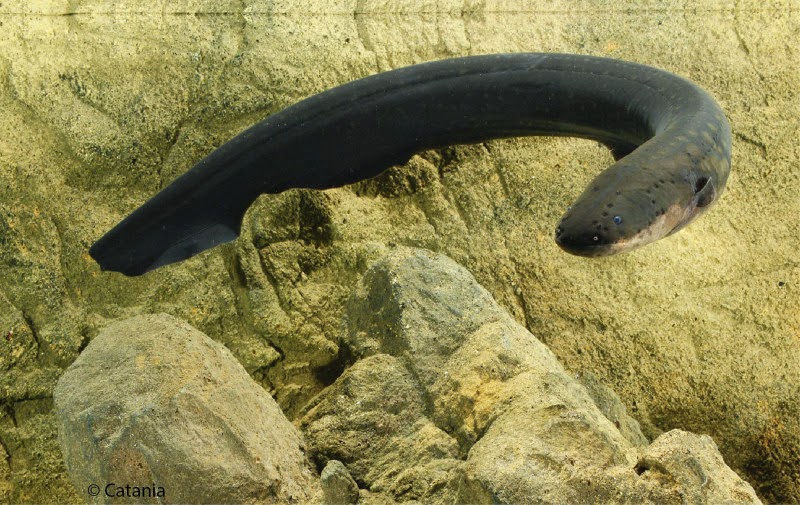The helicopter would fly ahead of the rover almost every day, checking out various possible points of interest and helping engineers back on Earth plan the best driving route.
Scientists could also use the helicopter images to look for features for the rover to study in further detail. Another part of the helicopter's job would be to check out the best places for the rover to collect key samples and rocks for a cache, which a next-generation rover could pick up later.
The vehicle is envisioned to weigh 2.2 pounds (1 kilogram) and measure 3.6 feet (1.1 meters) across from the tip of one blade to the other. The prototype body looks like a medium-size cubic tissue box.
The current design is a proof-of-concept technology demonstration that has been tested at NASA's Jet Propulsion Laboratory, Pasadena, California.
Source: Nasa




































